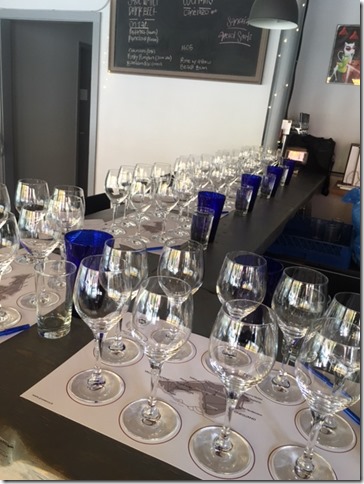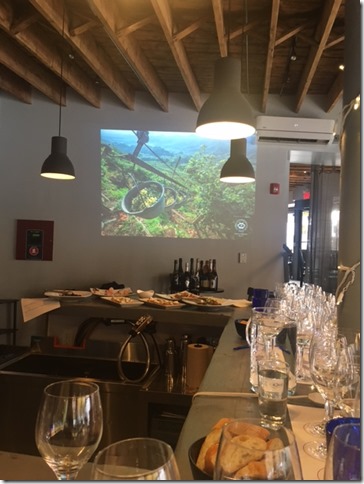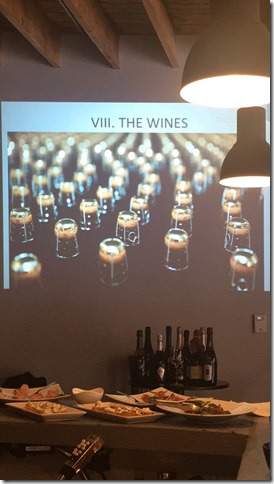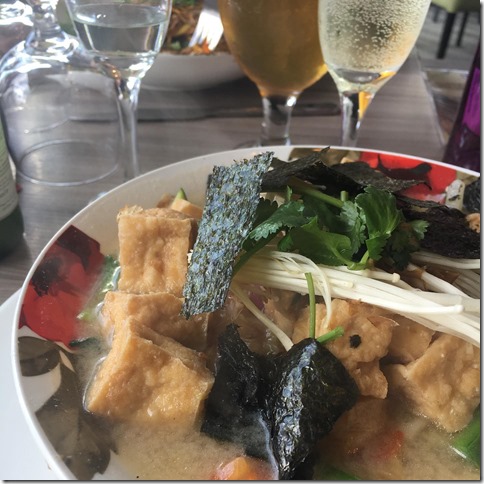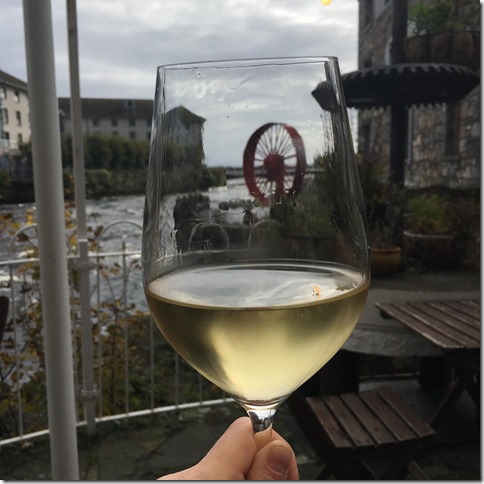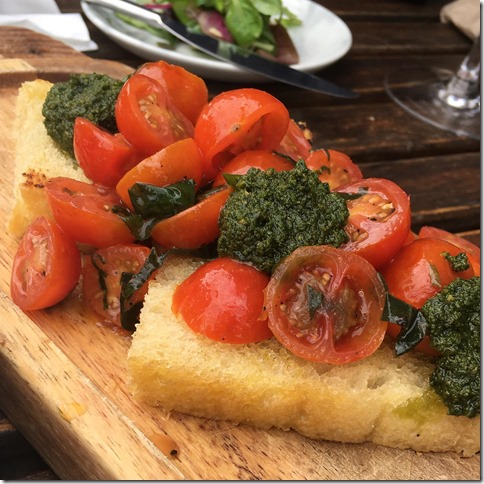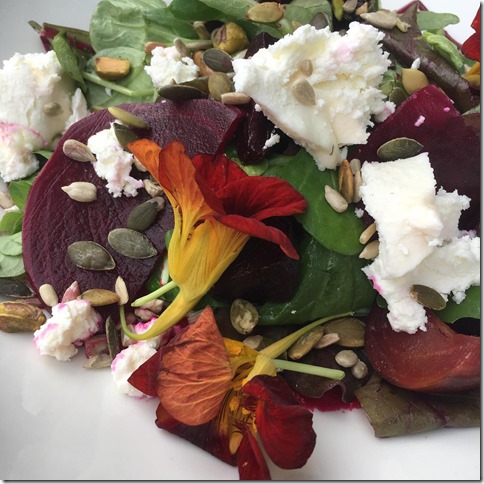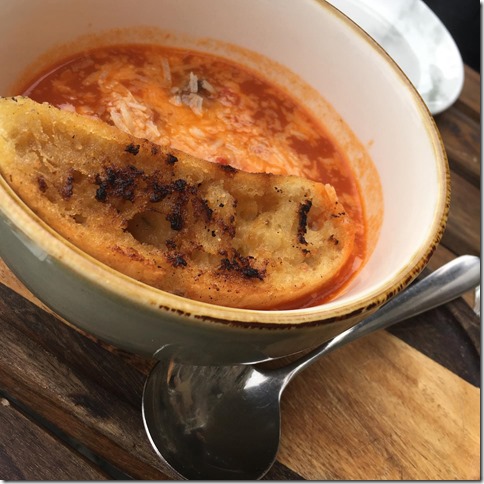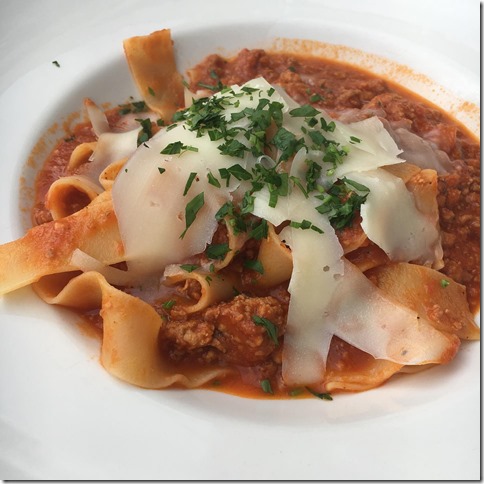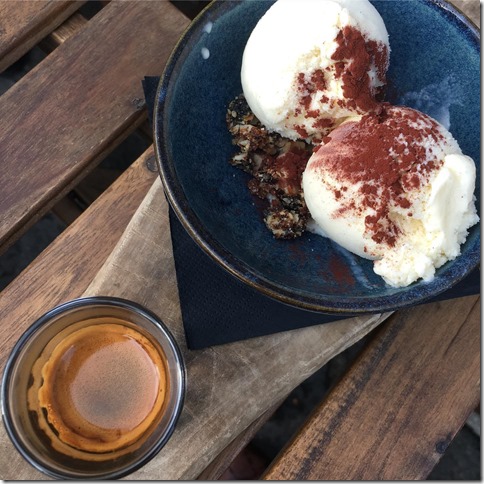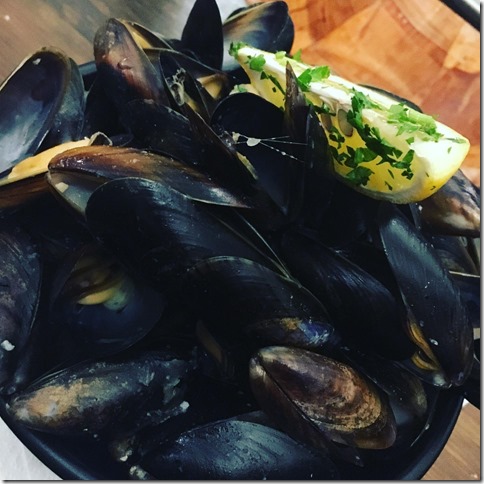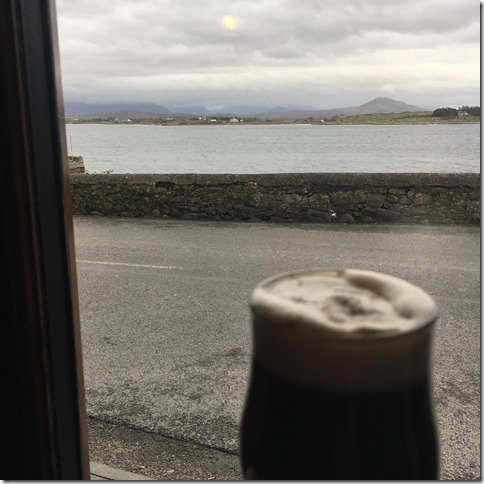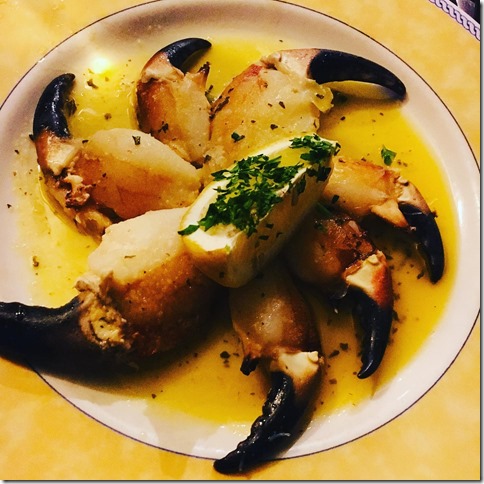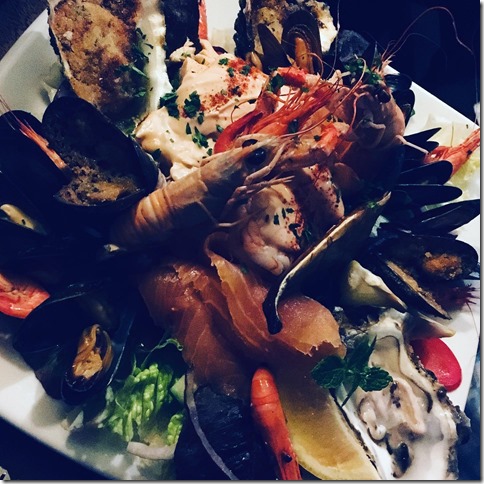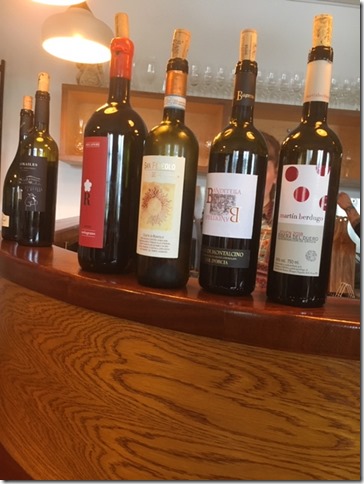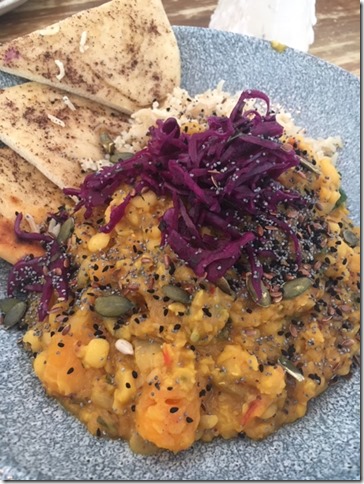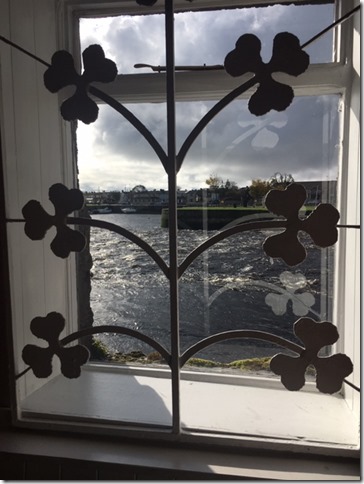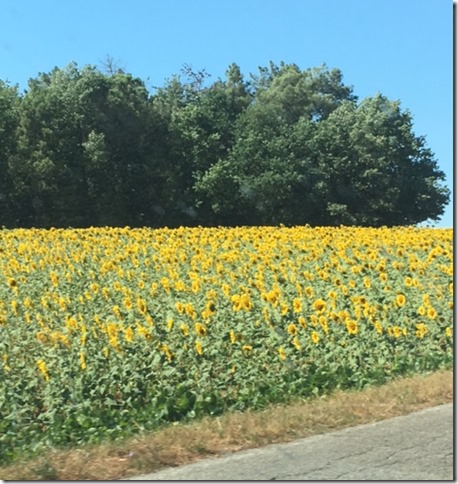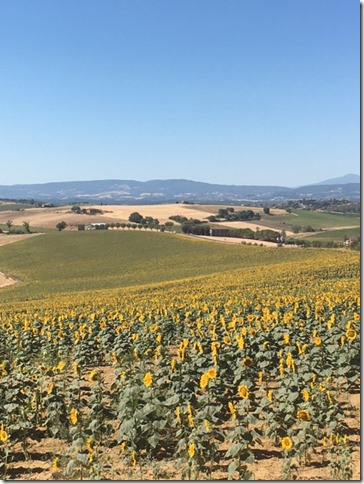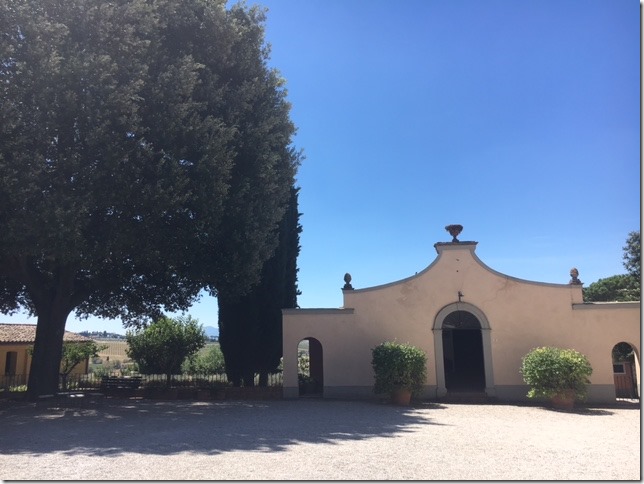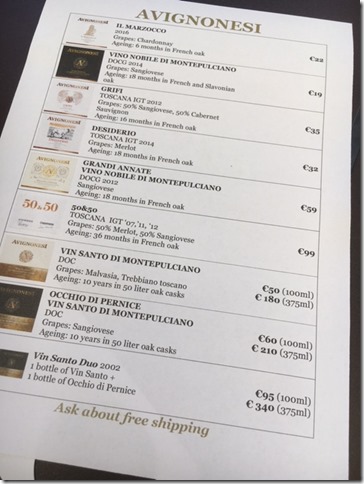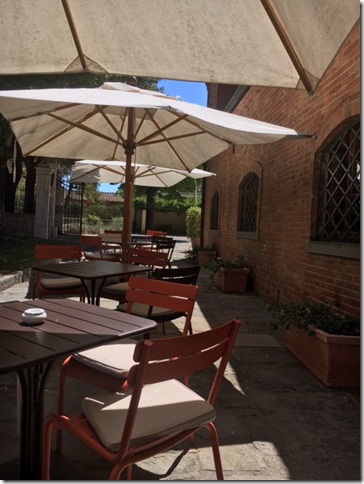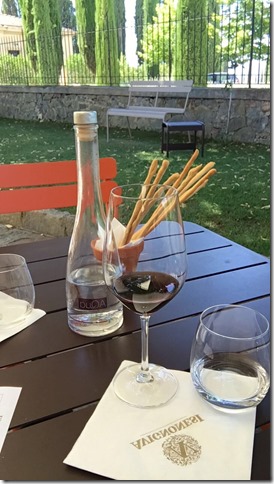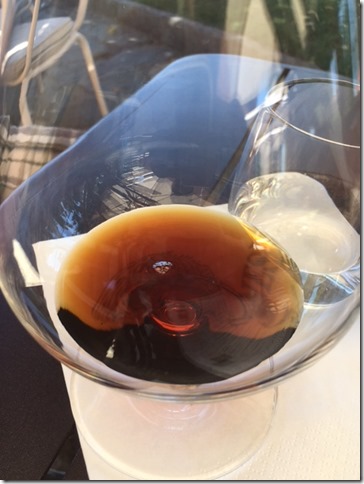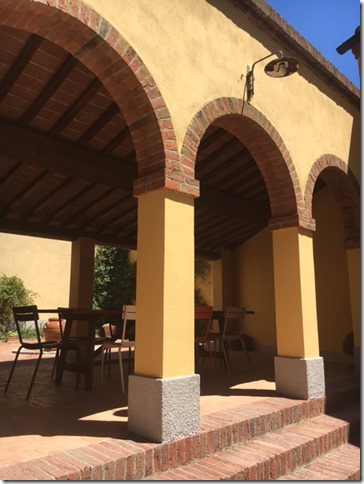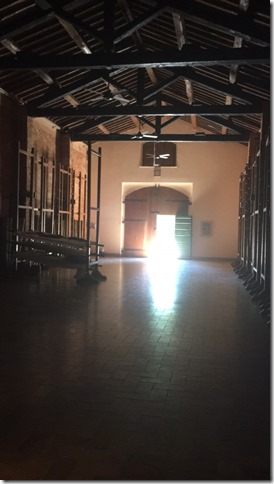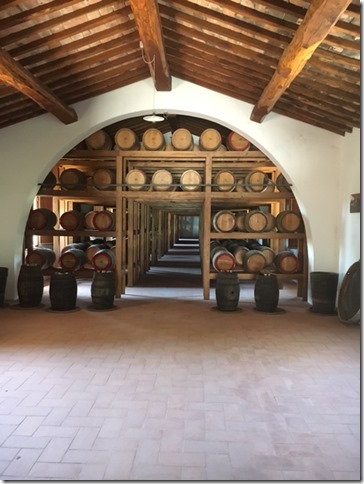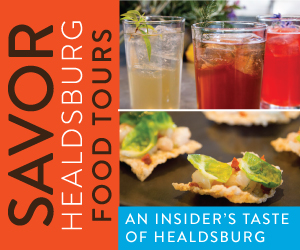You all know I love bubbly, but I’ll let you in on a little secret; Prosecco isn’t always my favorite. But then again, up until recently, I didn’t really know Prosecco. For me, Prosecco always brought to mind a pear-flavored, sort-of-sweet wine.
All of that changed a few weeks ago when I attended a Prosecco Superiore seminar at The Middle Gray in Brookline (which I love, by the way). It was a great afternoon of learning and tasting, and below are some of the highlights.
There’s more than one Prosecco. Did you know that? There are actually three designated types of Prosecco, and they are classified based on where the grapes are grown. Prosecco Superiore comes from Conegliano Valdobbiadene, a hilly area in North-East Italy, 50 km from Venice and around 100 from the Dolomites. Here, for over three centuries, people have grown the grapes that produce Prosecco Superiore, whose success began with the founding of Italy’s first School of Winemaking in 1876. The wine is hand-harvested only, due to the extremely steep nature of the hillsides. The vineyards have been so trained and shaped to the contours of the land that the area is being considered being named a UNESCO World Heritage Site
Below you can see the buckets of grapes being moved from the vineyards. It’s a precarious undertaking! Unfortunately my camera failed me during the event, but there were some gorgeous photos. The region looks absolutely stunning.
Prosecco Superiore can be dry or sweet or anything in between. Prosecco that is called dry is actually the sweetest, and the Brut Prosecco is the least sweet. As I mentioned above, I expect Prosecco to be sweet and was surprised at how most of the ones we tried were not.
We also learned that there are three types of Prosecco when it comes to bubbles; spumante (sparkling), frizzante (fizzy), and tranquilo (still). Still Prosecco, you might ask? Yes! Tranquilo is actually the oldest but least known type of Prosecco.
We tasted the following wines. With so many wines, so much information, and great conversation with the group about food, travel, and wine, I was once again bad at tasting notes. I will let you know that I enjoyed all of the wines we tasted and would absolutely seek out the Brut Proseccos for future enjoying. Prosecco, even at top quality, is a great value and food-friendly, making these wines approachable and appropriate for everyday, not just special occasions!
Astoria Valdobbiadene Prosecco Superiore DOCG Extra Dry – $20
Perlage Valdobbiadene Prosecco Superiore DOCG Extra Dry “Col di Manza” – $18
Mionetto Valdobbiadene DOCG Superiore di Cartizze Dry “Luxury” – $22
Adami Valdobbiadene Prosecco Superiore DOCG Asciutto “Vigneto Giardino” Rive di Colbertaldo 2015 – $22
Borgoluce Valdobbiadene Prosecco Superiore DOCG Brut – $25
Mongarda Valdobbiadene Prosecco Superiore DOCG Brut – $15
Ruggeri Valdobbiadene Prosecco Superiore DOCG Brut “Vecchie Viti” – $21
Bortolomiol Valdobiadene Prosecco Superiore DOCG Brut “Prior” Millesimato 2015 – $15
Biancavigna Conegliano Valdobbiadene Prosecco Superiore DOCG Brut Rive di Soligo 2015 – $18
Plan your own Prosecco travels with these wine tourism itineraries.
Thank you to Prosecco Superiore for hosting me!


